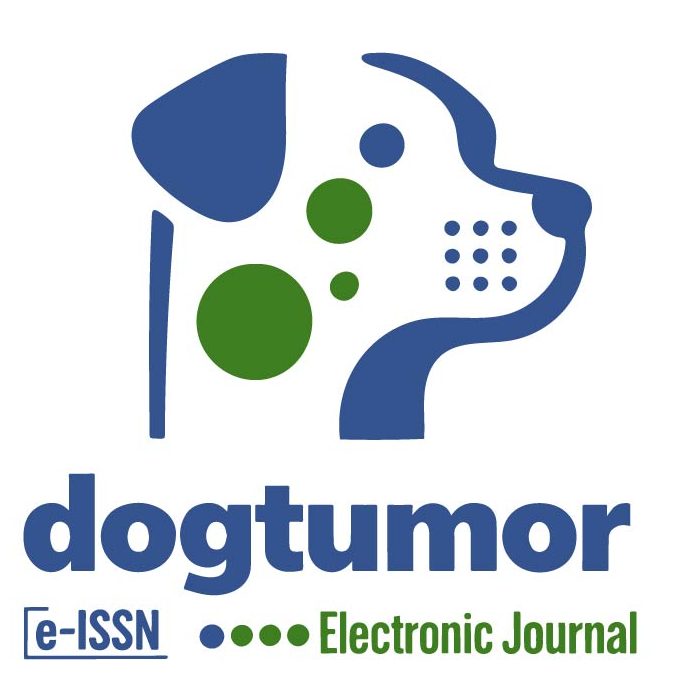Goat Mastectomy Success: Exclusive UC Davis Care Saves Lives
Goat mastectomy is a specialized surgical procedure that has seen remarkable advancements at the University of California, Davis (UC Davis). This pioneering care has not only improved the survival rates of goats suffering from serious mammary gland diseases but also enhanced their quality of life post-surgery. At UC Davis, the integration of cutting-edge veterinary techniques and compassionate animal care has positioned this institution as a leader in veterinary oncology for farm animals. This article explores the significance of goat mastectomy, the innovative approach taken by UC Davis, and how this exclusive care has become a benchmark in saving lives.
Understanding the Need for Goat Mastectomy
Mastitis and mammary tumors are common health issues in goats, often resulting in severe pain, infection, and a significant drop in milk production. When conventional treatments fail, mastectomy—removal of one or more mammary glands—becomes the necessary intervention to save the animal’s life. However, performing such a surgery in goats presents unique challenges due to their anatomy, physiology, and the need for careful post-operative care.
Mastectomy is not just a technical challenge but also a critical decision for farmers and veterinarians. Choosing this procedure involves balancing the risks of surgery with the potential for a longer, healthier life for the goat. For many animals, timely and expertly handled mastectomy at UC Davis has made the difference between euthanasia and recovery.
The UC Davis Difference in Goat Mastectomy
One of the hallmark features of the UC Davis veterinary program is its exclusive focus on tailored care for complex cases like goat mastectomy. The veterinary surgical team at UC Davis employs state-of-the-art diagnostic tools, including advanced imaging and biopsy techniques, to ensure precise identification of the condition before surgery. This level of precision allows for minimally invasive approaches whenever possible, reducing complications and speeding up recovery.
Moreover, UC Davis is renowned for its multidisciplinary approach. The surgical team works closely with veterinary oncologists, anesthesiologists, and animal care specialists to create individualized treatment plans. This full spectrum of care addresses not only the physical removal of tumors but also pain management, infection control, and nutritional support during the recovery phase.
Steps Involved in a Successful Goat Mastectomy at UC Davis
The process starts with comprehensive diagnostic testing including ultrasound and laboratory work to assess the extent of the disease. Once surgery is deemed appropriate, meticulous planning is done to minimize surgical trauma. During the operation, veterinarians carefully excise the affected mammary tissue while preserving as much healthy tissue as possible.
Post-surgery, goats receive round-the-clock monitoring. Pain management protocols involve both pharmaceutical and non-pharmaceutical methods to ensure comfort. Additionally, UC Davis employs advanced wound care techniques that promote faster healing and reduce the risk of infection. This holistic post-operative care contributes significantly to the high success rate observed.
Positive Outcomes and Success Stories
The success of goat mastectomy at UC Davis is reflected not just in survival statistics but also in the stories of animals returning to productive and pain-free lives. Many goats treated at UC Davis resume normal feeding behavior, regain weight, and even go back to milking with one remaining healthy mammary gland.
Farmers have reported that early referral to UC Davis for problematic cases results in better outcomes and lower long-term costs. This success has encouraged more veterinary practices to collaborate with UC Davis experts, further spreading the benefits of this specialized care.
Why Early Intervention Matters
One of the key lessons from UC Davis’ work with goat mastectomy is the importance of early detection and intervention. Mammary gland diseases often start subtly but progress rapidly if untreated. Regular health checks by a knowledgeable veterinarian can catch early signs before the condition becomes severe, allowing for less invasive treatments or well-timed surgery.
Through education initiatives and outreach, UC Davis actively encourages goat owners and farmers to seek veterinary advice at the first sign of mammary issues. This proactive approach significantly enhances survival chances and reduces suffering.
Future Innovations and Research at UC Davis
UC Davis remains at the forefront of veterinary research, continuously refining surgical techniques and post-operative care protocols. The institution is currently exploring the use of regenerative medicine and novel therapies like targeted drug delivery to improve recovery times and reduce recurrence rates.
Ongoing research focuses on developing better pain relief options tailored for goats, as well as improving diagnostic markers for mammary conditions. These advances promise to make goat mastectomy even safer and more effective in the years ahead.
Conclusion
The success of goat mastectomy at UC Davis illustrates the transformative impact of specialized veterinary care combined with compassionate treatment protocols. By saving lives and restoring health in animals that might otherwise face euthanasia, UC Davis is setting new standards in farm animal care. For goat owners and veterinarians alike, understanding the benefits of early intervention and seeking expert care when mammary gland issues arise can make all the difference. This exclusive approach by UC Davis not only saves lives but also exemplifies the highest quality of veterinary medicine in practice today.
